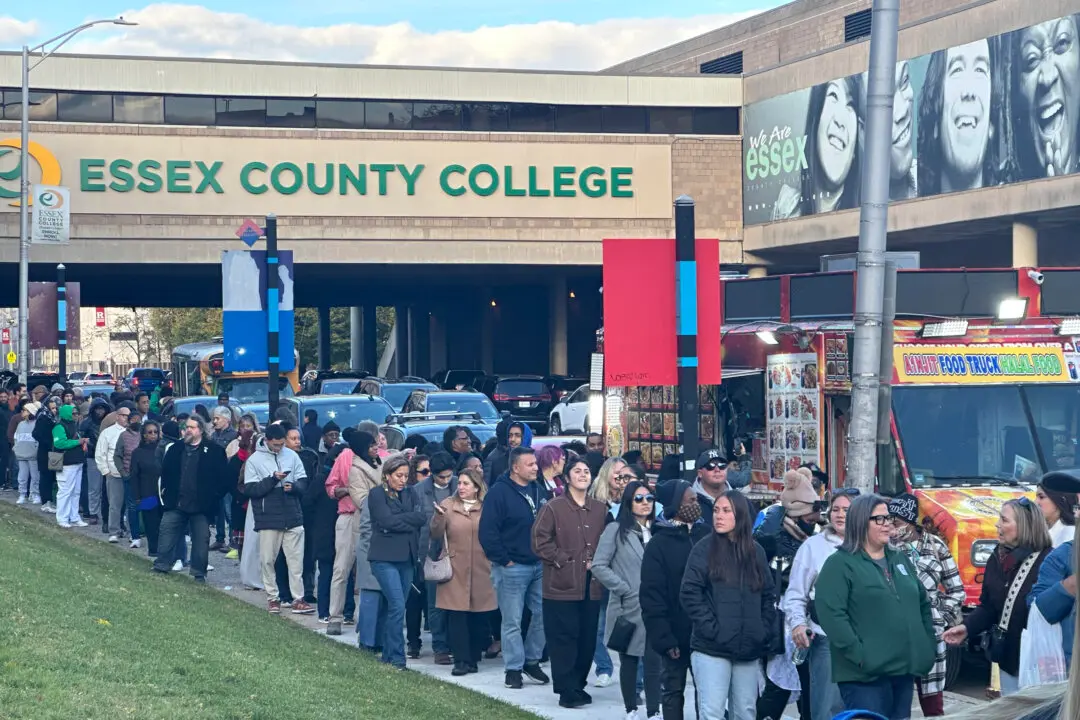A wave of Republican victories in the coming midterm elections will lead to a divided Congress, likely stalling President Joe Biden’s soft infrastructure—healthcare and childcare—agenda, according to an American economist.
“The House is very much tilting red and the Senate races have certainly narrowed in recent weeks. So, it will be very much gridlock in Washington, which tends to not be all that bad for markets because it means status quo and no major initiatives,” Carl Riccadonna, chief U.S. economist at BNP Paribas, told The Epoch Times.





